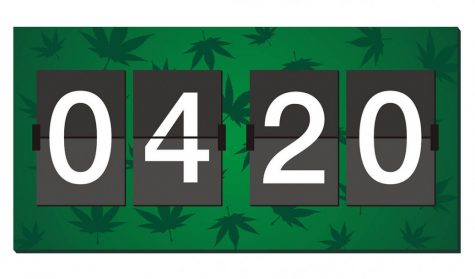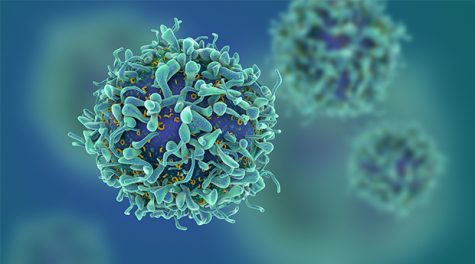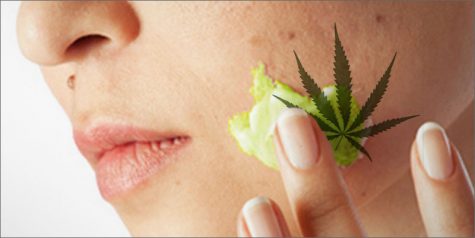Laboratory studies reveal that hemp compounds could prevent COVID-19

Could cannabinoids help fight the SARS-CoV-2 coronavirus? According to new research carried out by a team at the University of Chicago, quite possibly.
Lead researcher Marsha Rosner claims that the non-psychoactive compound CBD (cannabidiol) successfully restricted the growth of SARS-CoV-2 in infected cells when tested at a laboratory.
“Our findings do not say this will work in patients. Our findings make a strong case for a clinical trial,” she said.
In addition to this, two commonly occurring hemp compounds, cannabidiolic acid (CBDA) and cannabigerolic acid (CBGA), successfully fought SARS-CoV-2 coronavirus. These findings were published in the American Chemical Society and American Society of Pharmacognosy.
Planetarie could reap the rewards of this research effort into cannabis for coronavirus. The Colorado company uses water to extract CBDa in a chemical-free manner using Colorado cultivated, Farm Bill-compliant hemp.
Researchers say that the findings of both studies warrant more studies into the benefits of cannabis and hemp compounds for coronavirus.
Study researchers used small doses of purified CBD to curb coronavirus-infected cells
Contrary to what many people might have conjectured about the medicinal compound CBD, which has been hailed as a natural anxiolytic, analgesic, anti-inflammatory and neuroprotective cannabinoid, Rosner and colleagues determined that CBD was not able to stop the coronavirus from tainting cells in test tubes.
Instead, CBD launched into action after the virus had already infiltrated the cells. Once in action, CBD restricted the cell’s ability to replicate itself by affecting the inflammatory protein interferon. Previous reports have seen similar effects arise in infected rodents.
When they analyzed adult epilepsy sufferers, the researchers determined that consumers of the approved CBD drug were less likely to get COVID-19. However, Rosner noted the importance of carrying out randomized clinical trials to draw a proper conclusion.
THC wasn’t capable of keeping coronavirus out of cells
When administered in small doses, tetrahydrocannabinol (THC) – the main ingredient in cannabis that makes a person feel relaxed, giddy and, depending on the potency, sedated – cannabidiolic acid (CBDA), cannabidivarin (CBDV), cannabichromene (CBC) and cannabigerol (CBG) were unsuccessful in blocking the virus from entering cells or stopping it from multiplying.
“Not only did THC not work, but combining it with CBD prevented CBD from working,” Rosner said.
Previously conducted research mirrors these findings. For example, a different research team recently published the outcome of their study in the Journal of Natural Products. The team hypothesized that high doses of CBDA and CBG cannot block coronavirus’ cell-breaking ability.
Another study featured in the October edition of Cannabis and Cannabinoid Research saw a group of Brazilian researchers test CBD and a placebo in 105 patients who had been diagnosed with mild or moderate COVID-19.
The randomly assigned study subjects were recruited to consume CBD or a placebo for a 14-day period, all the while receiving standard care. Based on the conclusion, CBD had no obvious effect.












